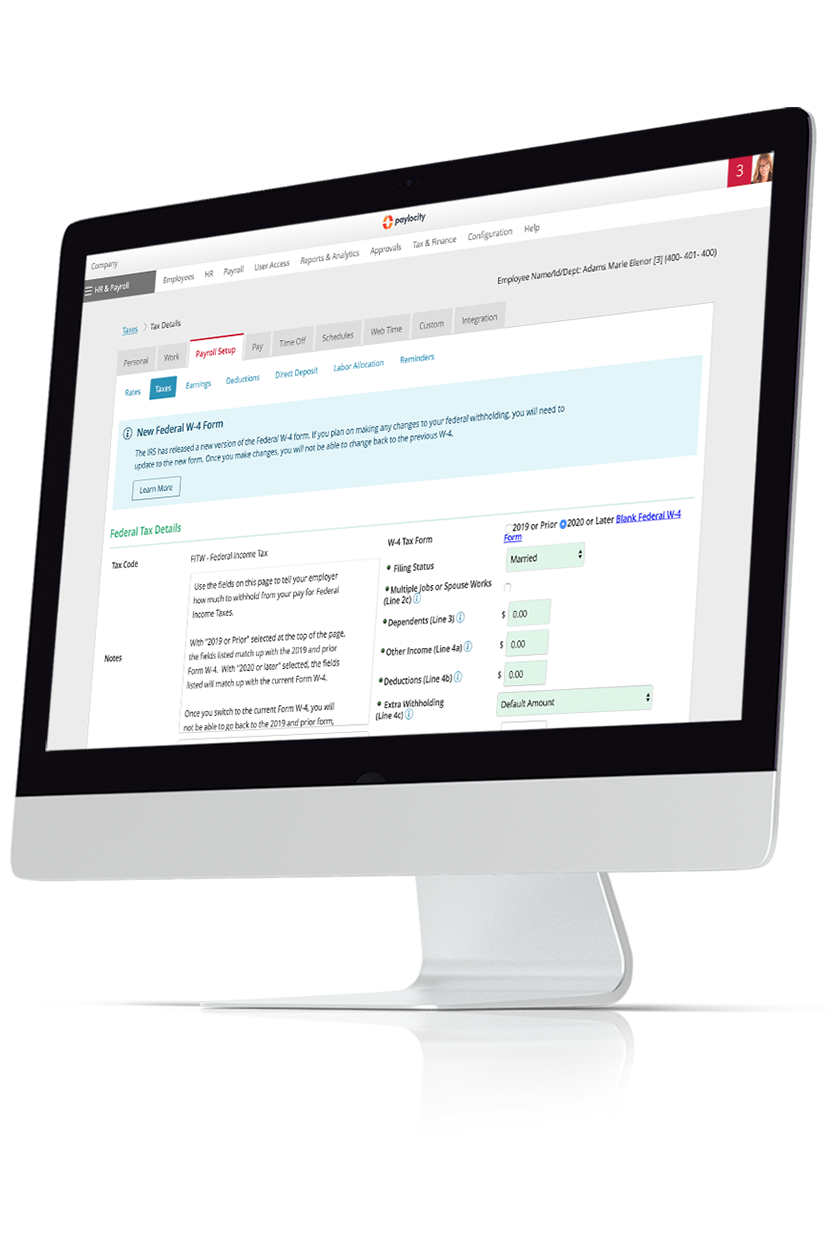Wage Base Limit
Summary Definition: The maximum amount of taxable income on which an employee must pay taxes in a given year.
What is a Wage Base Limit?
A wage base limit is the maximum amount of an employee’s annual wages that are subject to certain payroll taxes (e.g., Social Security or unemployment).
After an employee’s taxable wages exceed that limit, the employee is no longer liable for that tax for the rest of the year. The wages earned after an employee exceeds a wage base limit are called excess wages.
Each tax type can have a different wage base limit, and those limits are subject to change over time. For example, the Social Security wage base limit is updated every year by the Social Security Administration (SSA).
Key Takeaways
- A wage base limit is the maximum amount of income that can be taxed in a given year.
- Different taxes (e.g., Social Security and unemployment) have different wage base limits.
- Wage base limits can vary by year, but some wages (e.g., pre-tax deductions) are exempt.
Calculating Taxable Wages
Wages an employee earns before reaching the wage base limit are taxable, but they aren’t necessarily the same as the employee’s gross pay.
Before taxes are deducted, voluntary withholdings can be taken from a worker’s gross pay, which changes the total amount of taxable wages for that paycheck or pay period. Pre-tax deductions can include costs like health insurance premiums, retirement account contributions, and savings account contributions (e.g., a flexible spending account (FSA)).
For example, if Employee A earned $1,500 in gross pay, but also deducted $450 for health insurance premiums, retirement savings, and health savings account (HSA) contributions, there'd only be $1,050 in taxable wages for that pay period. As the year progresses, it’s Employee A’s taxable wages, not gross pay, that count towards the different wage base limits.
Additionally, some types of wages are exempt from taxes and their corresponding wage base limits:
| Wage/Worker Type | Social Security Taxes | Federal Unemployment Tax Act (FUTA) Taxes |
|---|---|---|
| Paid to beneficiary or estate after the calendar year of a worker's death |
Exempt |
Exempt |
|
Disabled Workers |
Exempt (if the worker didn't perform any service for the employer during the period for which payment is made) |
Taxable |
|
Foreign Governments |
Exempt |
Exempt |
|
Statutory Homeworkers |
Taxable (if $100 or more in cash in a year) |
Exempt |
|
Newspaper carriers under the age of 18 |
Exempt |
Exempt |
|
Paid to general or limited partners of a partnership |
Exempt |
Exempt |
Source: IRS
Taxes with Wage Base Limits
Although state and federal income taxes don’t have wage base limits, there are other taxes that do use such limits.
| Payroll Tax | 2025 Tax Rate | 2025 Wage Base Limit |
|---|---|---|
| Social Security |
12.4% |
$176,100 |
| FUTA |
6.0% |
$7,000 |
| SUTA |
Varies by state |
Varies by state |
Social Security Taxes
As part of the Federal Insurance Contributions Act (FICA), Social Security taxes are based on the information an employee submits on their Form W-4. The Social Security rate is split evenly between employees and their employers, and the wage base limit is updated annually by the SSA.
So, if an employee has $1,200 in taxable wages, the government would be owed $148.80 in Social Security taxes ($1,200 × 12.4% = $148.80). The employee would cover half of that ($74.40), and the employer would pay the other half.
But, if the employee’s taxable wages that year were to reach the wage base limit for Social Security, they wouldn’t have to pay Social Security taxes again until the next calendar year.
FUTA Taxes
Federal unemployment taxes (FUTA) are used to help pay for federal unemployment programs. Unlike Social Security taxes, however, they’re solely paid by employers. They do, however, still have a wage base limit beyond which employers no longer have to pay the tax.
SUTA Taxes
Also known as State Unemployment Insurance (SUI), serve a similar purpose as FUTA taxes but are regulated and enforced at the state level. As such, specific wage base limits and tax rates vary from state to state. In 2025, wage base limits for SUI taxes range from $9,000 to over $72,800.
Employers are generally required to pay SUTA taxes themselves, but three states (Alaska, New Jersey, and Pennsylvania) instead require them to be split between employers and employees.

Get Taxes Done Right, Without the Stress
We know there's a lot that goes into preparing and filing payroll tax forms. Save time and get support from our expert team. As a Registered Reporting Agent with the IRS, we can help prepare and file all the necessary forms you need to remain compliant - even in the face of changing legislation. Learn more here.